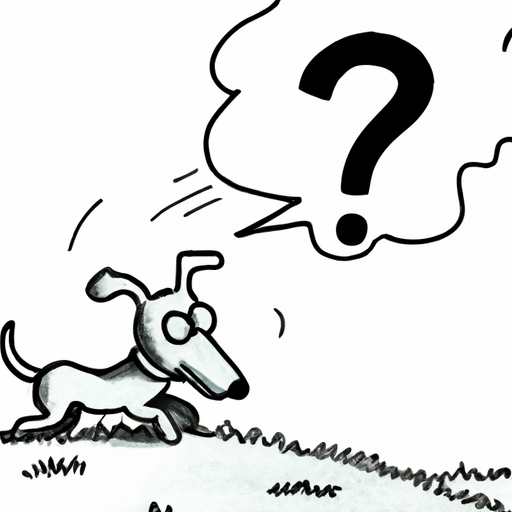Understanding The Behavior
You may have noticed your four-legged companion dragging their backside along the carpet. This peculiar behavior, known as scooting, might make you laugh or cringe. But it’s not just a bizarre doggy quirk. Scooting can be a sign of several health issues. Understanding why your dog does this can help you take better care of their health.
Common Reasons For Scooting
Here are the most common reasons why dogs scoot:
- Anal Gland Issues: Dogs have small glands on either side of their anus. Sometimes these glands can become blocked or infected, causing discomfort.
- Parasites: Worms and other parasites may cause your dog to scoot.
- Allergies: Allergies can cause itching and inflammation around the anal area.
- Injury: An injury to the tail or hindquarters can also lead to scooting behavior.
When To Seek Veterinary Help
If your dog is scooting frequently or showing signs of discomfort, it’s time to consult a vet. A vet can examine your dog’s anal glands, check for parasites, and identify any potential injuries. If allergies are suspected, your vet can recommend suitable treatments or dietary changes.
| Signs to Watch For | Action to Take |
|---|---|
| Persistent scooting | Consult a vet |
| Blood in stool or around anus | Emergency vet visit |
| Excessive licking of the area | Consult a vet |
| Changes in behavior or appetite | Consult a vet |
Preventing Scooting
To keep your dog’s bottom healthy and scoot-free, consider the following:
- Regular vet checks: These can help catch any health issues early.
- Good hygiene: Clean your dog’s backside regularly, especially after they have emptied their bowels.
- Healthy diet: A balanced diet can prevent digestive issues and allergies.
FAQs
Q: Is scooting always a sign of a health problem?
A: Not always, but frequent scooting should be a red flag to seek veterinary advice.
Q: Can I prevent my dog from scooting?
A: Regular vet checks and good hygiene can reduce the risk.
Q: Should I try to express my dog’s anal glands myself?
A: It’s best to leave this to a vet or professional groomer. Incorrect technique can cause injury.
Q: Can diet influence scooting behavior?
A: Yes, a poor diet can lead to digestive issues that may cause scooting.
Q: How can I tell if my dog has worms?
A: Common signs include weight loss, changes in appetite, and visible worms in stool. A vet can confirm with a fecal test.
As a caregiver, your dog’s well-being is in your hands. Understanding why they scoot helps you better address their needs and ensure they live a happy, healthy life.



